Top 5 Recent Significant Scientific Discoveries involving Magic Mushrooms
Posted under: Latest News, News and Science
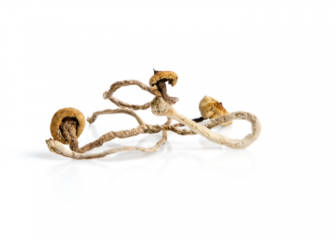
For many centuries all around the world, different cultures have known about the powerful medicinal benefits of magic mushrooms. If you've taken mushrooms, you can most likely vouch for their positive life-changing effects.
After the widespread condemnation of these substances, it’s only in recent decades that doctors, psychologists, and scientists have once again started to explore the healing power of psychedelics. A fast-growing body of research shows psychedelic mushrooms have significant therapeutic potential. Let’s look at the top 5 most recent scientific discoveries involving magic mushrooms.
.
How Do Magic Mushrooms Work on the Brain?
.
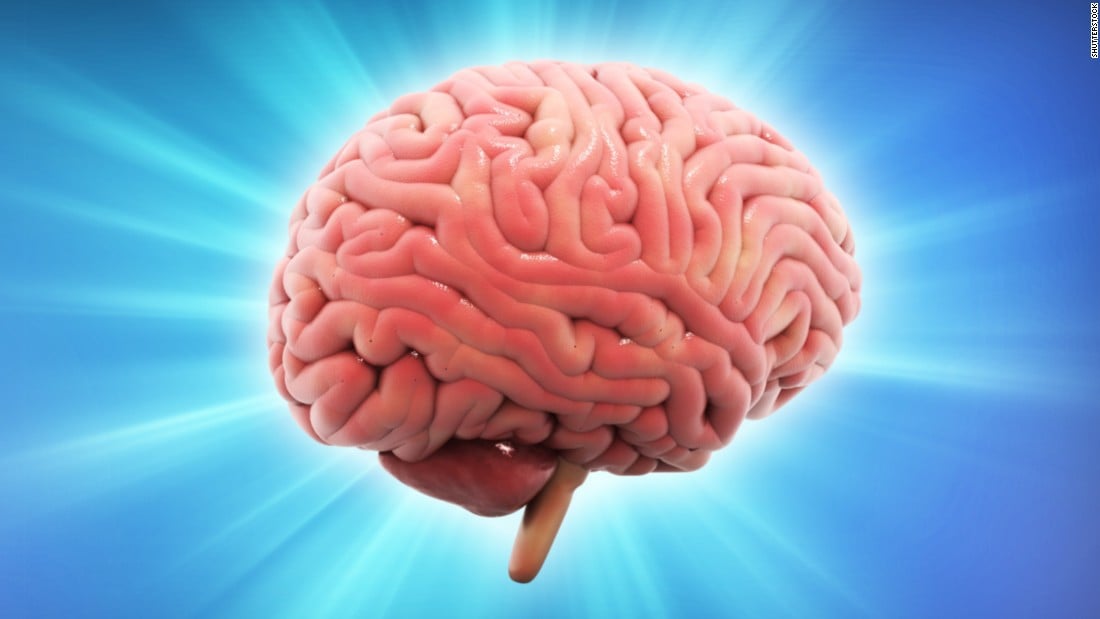
.
Before we dive in, let's take a quick look at how magic mushrooms ( particularly psilocybin, the primary psychoactive ingredient) work in the brain.
.
Psilocybin supports the communication between different areas of your brain and encourages neurogenesis (neural growth). It also creates a circuit breaker for your mundane, repetitive, daily thoughts by disrupting what is known as the default mode network. Under the influence of magic mushrooms, your mind becomes a lot more flexible and open to change.
.
Furthermore, the positive effects of magic mushrooms seem to be long-term. Research has shown that a renewed ability to maintain focus and enhanced brain flexibility last long after the trip is over.
.
Legal Issues
.
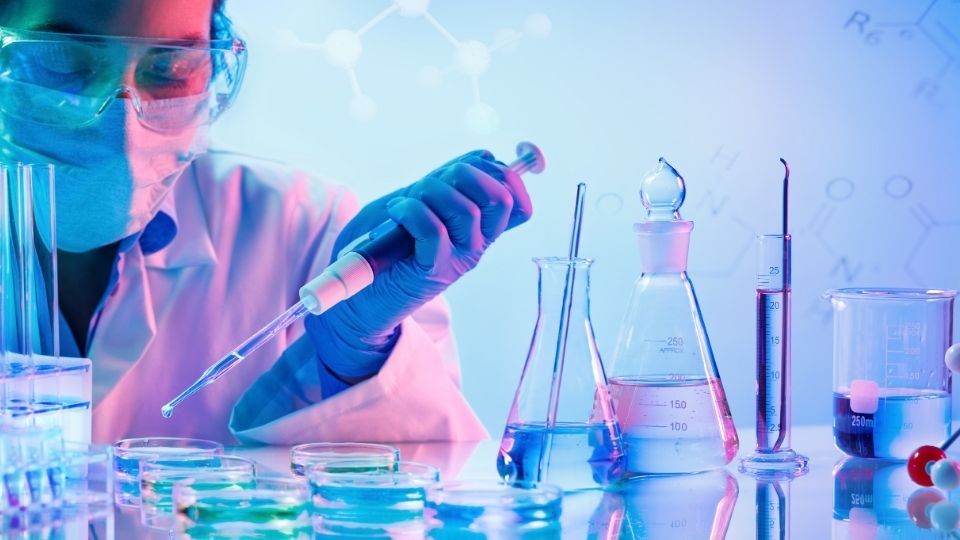
.l
In the sixties, psychedelic substances were subject to prohibition and it became illegal to study and research them. However, prominent campaigners such as Rick Doblin who founded the Multidisciplinary Association of Psychedelics, fought for decades to change the laws and have these substances recognized for their healing potential.
.
Governments and scientists can no longer ignore the medicinal powers of psychedelics. Around the world we see legislation regarding these substances changing; we are effectively going through a psychedelic revival. So let’s jump in and see what the scientific research is saying.
..
#1 - Microdosing Helps with Wellbeing and Creativity
.
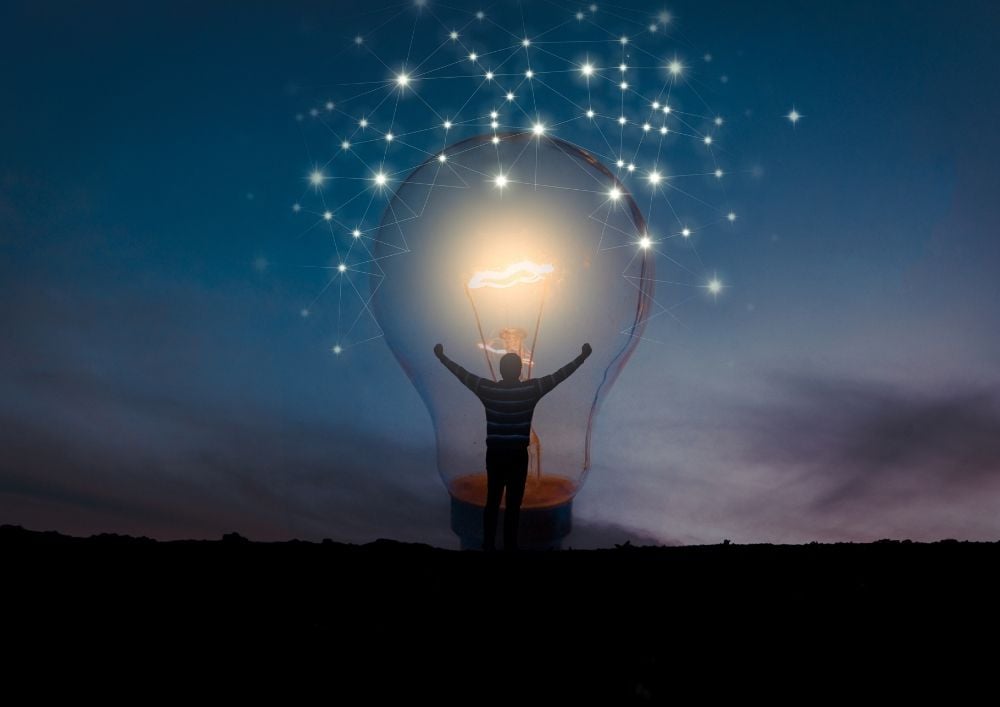
.
Microdosing is the practice of taking small amounts of psychedelics, diminutive enough that you do not experience altered states of consciousness and can go about your day without any difficulty. The effect is sub-perceptual, meaning that it is barely noticeable, yet the research says that you will still reap many benefits from this dosage.
.
According to a recent study, microdosers report an increase in well-being, creative inspiration, and productivity. Microdosing can also help make your mind more agile and may support people overcoming addictions. It has been shown to also lower depression and anxiety, improve brain function, and boost focus and overall well-being.
l
#2 - Magic Mushrooms May Help with Addictions
.
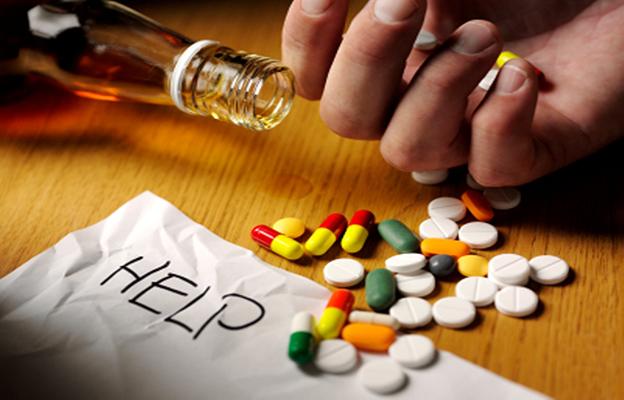
.
Studies about psychedelics and addictions began in the fifties and showed promising results until prohibition. Now a resurgence of scientific studies deliver preliminary results indicating that psilocybin therapy may help people overcome addictions and substance misuse disorders.
.
A study from 2016 helped 80 percent of participants quit smoking with psilocybin therapy. In follow-up studies a year later, 67 percent of the control group remained non-smokers. Another study from 2015 showed that people who used psilocybin therapy for alcohol addiction had fewer cravings and were better at abstaining from alcohol.
.
#3 - End of Life Patients Benefit from Magic Mushrooms
.
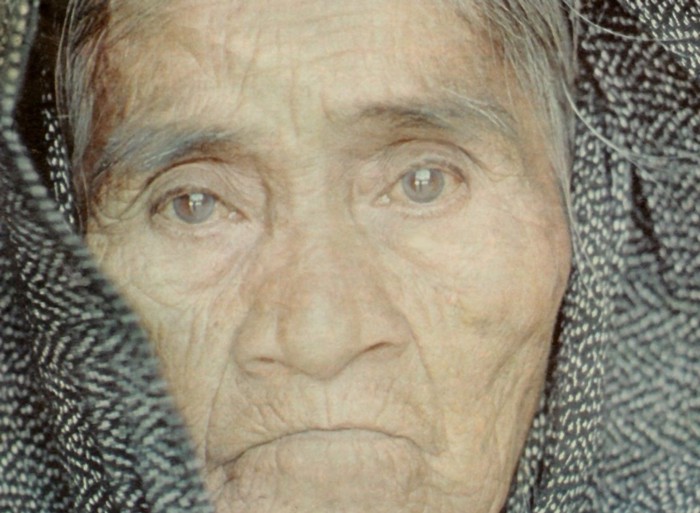
.
Magic mushrooms have been shown to bring relief to people dealing with terminal illnesses. With psilocybin-assisted therapy, patients feel more comfortable talking about their fears, and it helps them come to terms with their mortality. Psilocybin therapy can give terminal patients a better outlook on their situation, which makes for a more peaceful and calm acceptance of death.
.
Studies from 2016 show that psilocybin therapy can alleviate emotional and existential distress in 65 to 85 percent of people with a terminal illness. Due to the findings, many end-of-life support associations endorse the use of psilocybin therapy for patients.
.l
#4 - Psilocybin Therapy Can Help a Range of Mental Illnesses
.

-
Studies show that psilocybin therapy can help alleviate several mental illnesses, including PTSD and treatment-resistant depression and anxiety. A study from 2020 about the future role of psychedelics in treating mental illness states that “available evidence indicates that psychedelics may offer a single-dose, rapid effect model that has robust effects with treatment-resistant mental disorders and a unique advantage as a possible monotherapy for mental illness.”
.
#5 - Magic Mushrooms Help You Make Positive Life Changes
.
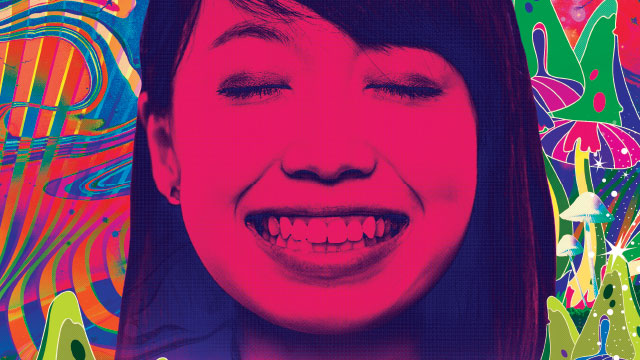
.
The great thing about magic mushrooms is anyone can use them to make positive changes in their life. This is why magic mushroom retreats are springing up in Europe and in certain states in the USA where psilocybin is legal.
.
Not only can psilocybin help people overcome depression and addictions, but it can also provide creative inspiration and help people reassess their objectives in life. Magic mushrooms can give you a different perspective on things and situations in which you may feel stuck, supporting positive life changes.
.
Conclusion
.
As the scientific data continues to grow, psilocybin is looking to be something of a wonder drug. Recent psychedelic studies are so promising that prestigious medical institutes including Johns Hopkins in the USA, and King's College in London now have dedicated psychedelic research centers.
.
The future of psychedelics seems very bright, and hopefully sometime soon psilocybin therapy will be accessible to anyone and everyone who needs it.
..
Note: If you’re suffering from a mental illness and are curious about using psilocybin or any other psychedelic therapy, please consult one of the relevant medical authorities first. Do not self-prescribe, it’s vital to have the right support and guidance when using psychedelics as medicine.

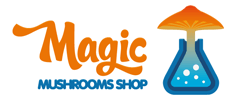
November 8, 2022